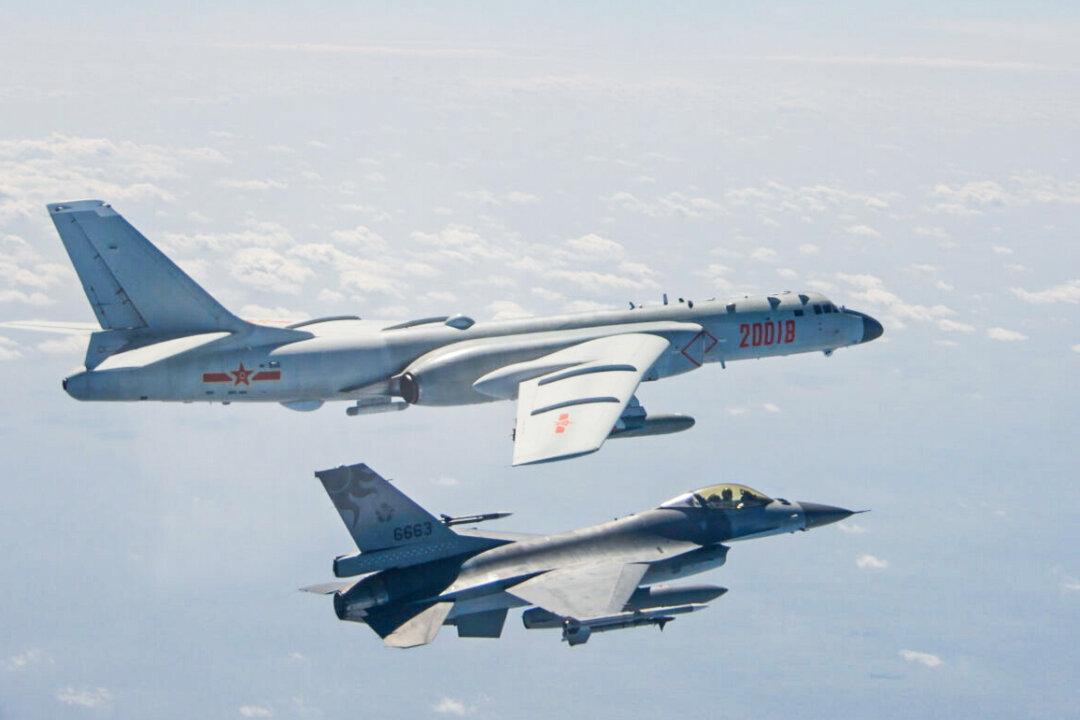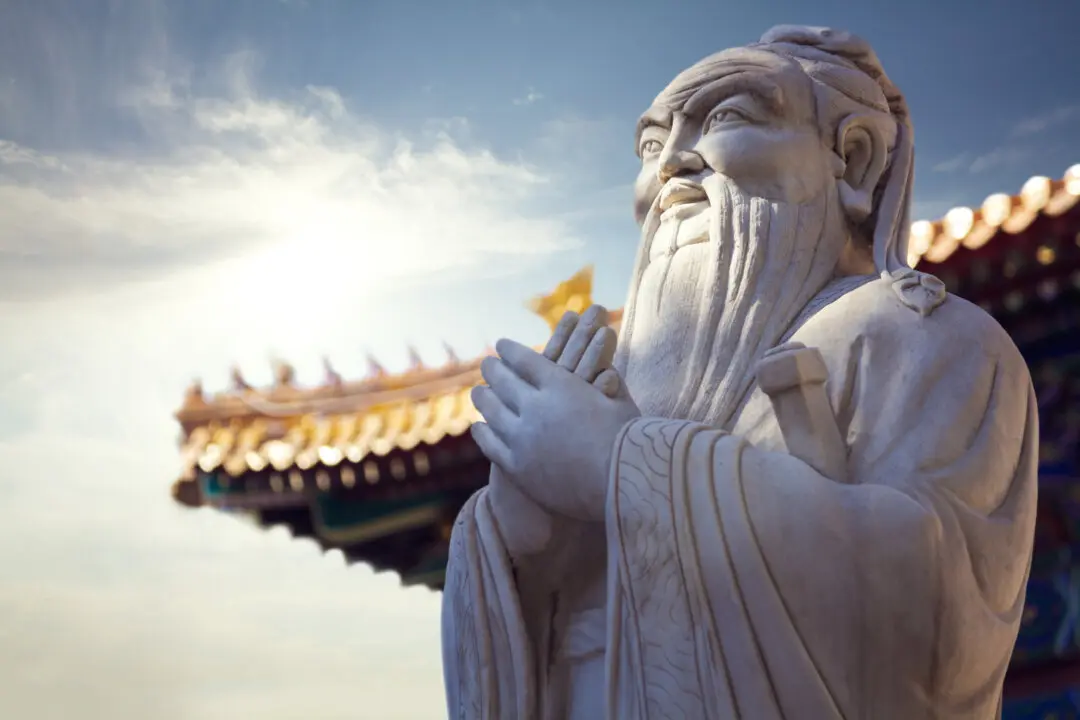A total of 29 Chinese military aircraft flew into Taiwan’s air defense identification zone (ADIZ) on June 21, according to Taipei’s Ministry of National Defense (MND).
The People’s Liberation Army’s (PLA) aircraft included fighters, bombers, and aircraft with electronic warfare, according to Taiwan’s defense ministry.





